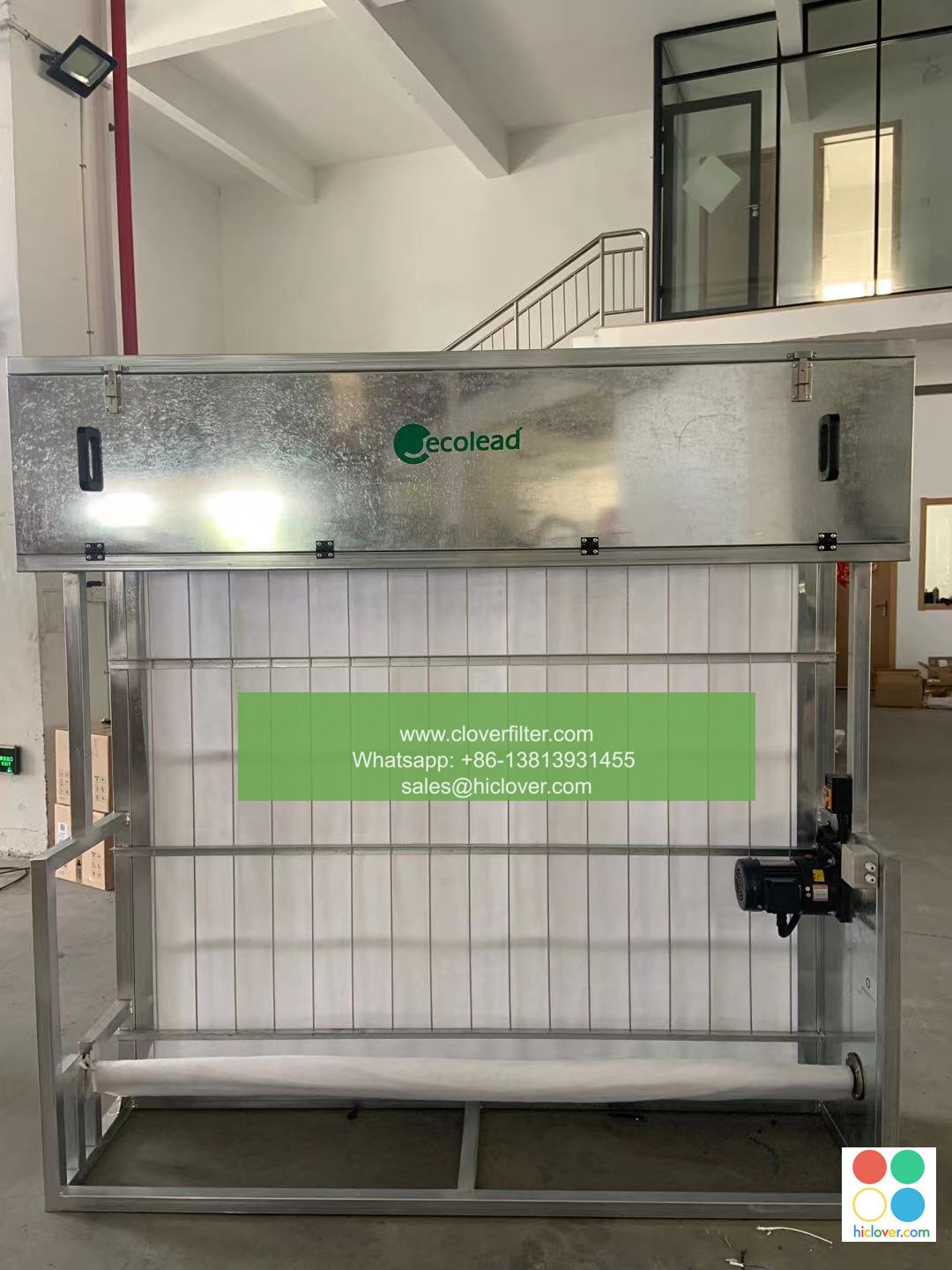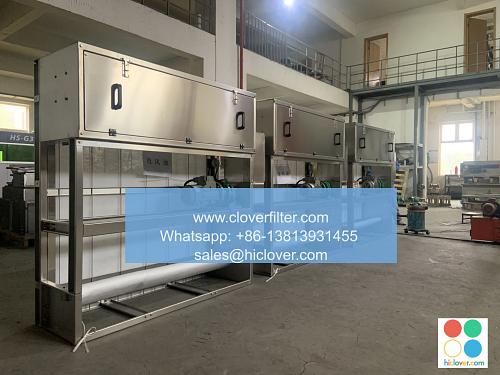Air Filter Jargon: A Guide to Common Terms

When it comes to air filters, understanding the terminology can be overwhelming, especially for those who are new to the industry. In this article, we will break down the most common air filter jargon, highlighting various application areas and key terms such as HEPA filtration, activated carbon, and ultra-low penetration air (ULPA) filters.
Introduction to Air Filter Types
Air filters come in various types, each designed to serve a specific purpose. Some of the most common types include:
– MEchanical Air Filters: These filters use a physical barrier to trap particles, such as dust, pollen, and other contaminants.
– Electrostatic Air Filters: These filters use an electrostatic charge to attract and trap particles.
– Activated Carbon Air Filters: These filters use activated carbon to absorb gases, odors, and chemicals.
Key Terms and Definitions
Here are some key terms and definitions to help you navigate the world of air filters:
– MERV Rating: The Minimum Efficiency Reporting Value (MERV) is a measure of a filter’s ability to remove particles from the air. A higher MERV rating indicates a more efficient filter.
– HEPA Filtration: High Efficiency Particulate Air (HEPA) filters are designed to remove 99.97% of particles as small as 0.3 microns.
– ULPA Filtration: Ultra-Low Penetration Air (ULPA) filters are designed to remove 99.999% of particles as small as 0.12 microns.
– CFM: Cubic Feet per Minute (CFM) is a measure of the volume of air that a filter can handle.
Application Areas
Air filters have a wide range of applications, including:
– Residential Air Filtration: Air filters are used in homes to improve indoor air quality and reduce allergies.
– Commercial Air Filtration: Air filters are used in offices, restaurants, and other commercial spaces to improve indoor air quality and reduce odors.
– Industrial Air Filtration: Air filters are used in industrial settings to remove contaminants and improve air quality.
– Medical Air Filtration: Air filters are used in medical settings to remove bacteria, viruses, and other contaminants.
Specialized Air Filters
There are several specialized air filters designed for specific applications, including:
– Gas Phase Air Filters: These filters are designed to remove gases and odors from the air.
– VOC Air Filters: These filters are designed to remove volatile organic compounds (VOCs) from the air.
– Odor Control Air Filters: These filters are designed to remove odors and smells from the air.
Conclusion
In conclusion, understanding air filter jargon can be complex, but by knowing the key terms and definitions, you can make informed decisions about the right air filter for your specific needs. Whether you’re looking for a HEPA filter for your home or a ULPA filter for a commercial space, there’s an air filter out there that can meet your requirements. By highlighting various application areas and key terms, we hope to have provided a comprehensive guide to air filter jargon.
It seems like you’re looking for a prompt but haven’t specified what kind. Here are a few options across different categories:
-
Creative Writing:
- Write a story from the perspective of an object that has been lost and found multiple times.
- Imagine a world where gravity works differently for each person. Describe a typical day in such a world.
-
Debate or Discussion:
- Should AI be given autonomy in making decisions in critical sectors like healthcare and finance?
- Discuss the ethical implications of immortality, assuming it becomes scientifically possible.
-
Science and Technology:
- Explain the concept of quantum entanglement in simple terms.
- Describe the potential future of space travel, including the role of private companies and government initiatives.
-
History:
- Discuss the technological advancements during the Industrial Revolution and their impact on society.
- Explore the cultural and historical significance of the ancient city of Pompeii.
-
Philosophy:
- What is the nature of reality: is it purely physical, or is there a place for the spiritual or supernatural?
- Debate the morality of utilitarianism versus deontological ethics.
-
Personal Development:
- How can one cultivate resilience in the face of adversity?
- Discuss the importance of mindfulness and meditation in modern life.
-
Environmental Issues:
- Propose solutions to the problem of plastic waste in oceans.
- Discuss the impact of climate change on global food security.
If you have a specific area of interest or a more detailed prompt in mind, please let me know, and I’ll be happy to help!

